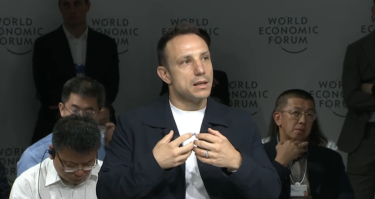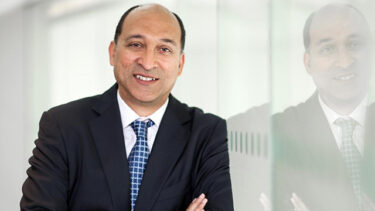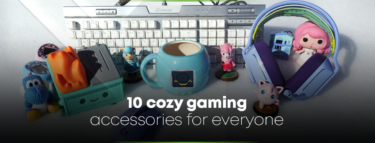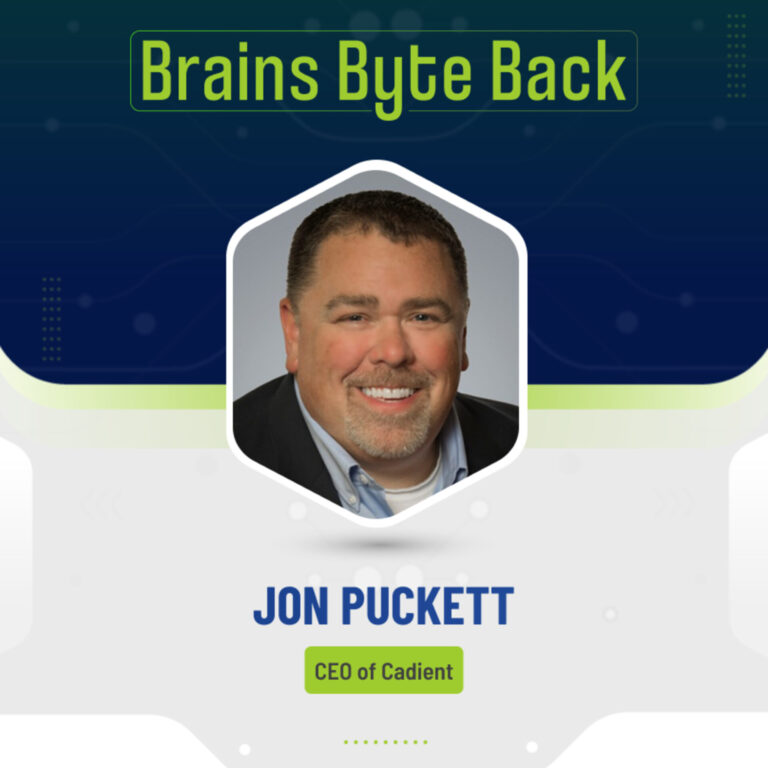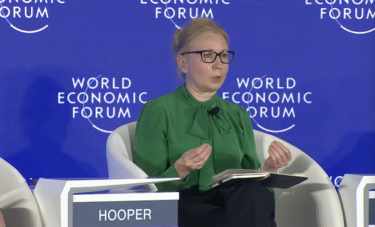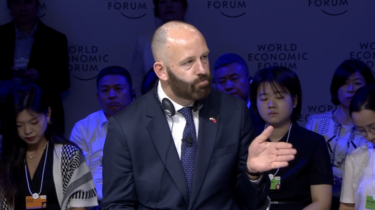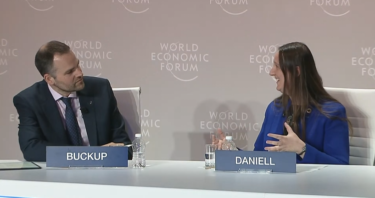The World Wide Web debuted 30 years ago, and ever since the world has been on a fast track to the future. Wide-spread adoption of telecommunications, diversification of digital capacities, and the integration of technology into our day-day-day has changed the world—one device at a time. This movement has accelerated significantly in recent years, especially since the onset of the Pandemic.
Unfortunately, however, in some ways, the cart has been put before the horse, with certain areas in the US lacking the infrastructure to keep up with this rapid tech adoption—creating a significant digital divide. In fact, about four-in-ten adults with lower incomes do not have home broadband services (43%) or a desktop or laptop computer (41%).
As technology has become a prerequisite to many things in the modern day—from work to education, internet access has become a universal human right that billions are still lacking. Thankfully, some metropolitan areas are stepping up to the plate to try and close the gap in this digital divide and in NYC, The New York City Housing Association (NYCHA) ’s Affordable Connectivity Program (ACP) looks to do just that.
The ACP gives households a service discount of up to $30 off each month on internet plans and equipment rental and a device discount of up to $100 on a laptop, tablet, or desktop computer ($10-$50 copay required). Let’s take a look at how efforts such as these will help to build a bridge between the have and the have-nots in the digital age, and how one fiber internet company is helping to energize these efforts.
The Reality of Connection
In NYC, extreme digital inequities are apparent, with over 500,000 houses that have no access to the internet. By signing up for ACP, the internet becomes accessible for this underrepresented population.
There are several ways that this program is tailored to provide for those who have been left out, for one, although the provider can check your credit, they cannot use the result of the credit check to prevent you from enrolling in the ACP. Secondly, a provider cannot refuse to sign you up just because you owe money to another internet provider. Finally, you do not need to be a US citizen or have a Social Security Number (SSN) to be eligible.

Flume, an NYC-based internet service provider, was born during the pandemic to meet the surge in demand for high-speed, easily accessible internet and has joined forces with NYCHA’s ACP. The co-founder of the company, Brandon Gibson, grew up in NYC and saw first-hand the effects of poor internet access upon the community around him.
As one of the few internet service providers in the US to have Black and Brown founders, the company taps into existing and unused fiber assets throughout New York—bringing high-speed fiber internet to underserved locations in the city.
“Flume was created to go above and beyond for all New Yorkers who want internet access,” said State Senator and Chair of the Senate Housing Committee, Brian Kavanagh. “Whether you live in a penthouse or public housing, everyone deserves reliable and affordable internet and the gift of access.”
Flume recently announced its expansion into the East Village, offering residents affordable, high-quality broadband and bridging the connectivity gap for over 1.5 Million NYC Residents. The company will continue to grow into Harlem and NYCs neighborhoods throughout the year with a particular focus on NYCHA complexes. From the 19th of August, residents in the Riis Family Building can apply to receive Flume’s internet service for free as part of the ACP and is the fourth location to be included in the program.
Internet Connection for All
Researchers, advocates, and policymakers have examined the issue of those left behind in technological transformation for decades now. For obvious reasons, more attention to these disparities occurred following the coronavirus outbreak. The reality is that families with lower incomes have especially faced obstacles with digital adoption, and so have been particularly left by the wayside.
“The past two years have made it clearer than ever that a reliable and robust broadband connection is critical for New Yorkers’ success and wellbeing. Yet we continue to struggle with
stark inequalities in affordable access, particularly for lower-income households and even more so in public housing,” continued Kavanagh. “I thank NYCHA and Flume for their efforts to help close the digital divide.”
Flume is on track to deliver fiber broadband to 20,000 families by the end of 2022 with plans to expand into other states in the US in the near future—ensuring that the basic human right of internet access reaches everyone.
Disclosure: This article mentions a client of an Espacio portfolio company.




